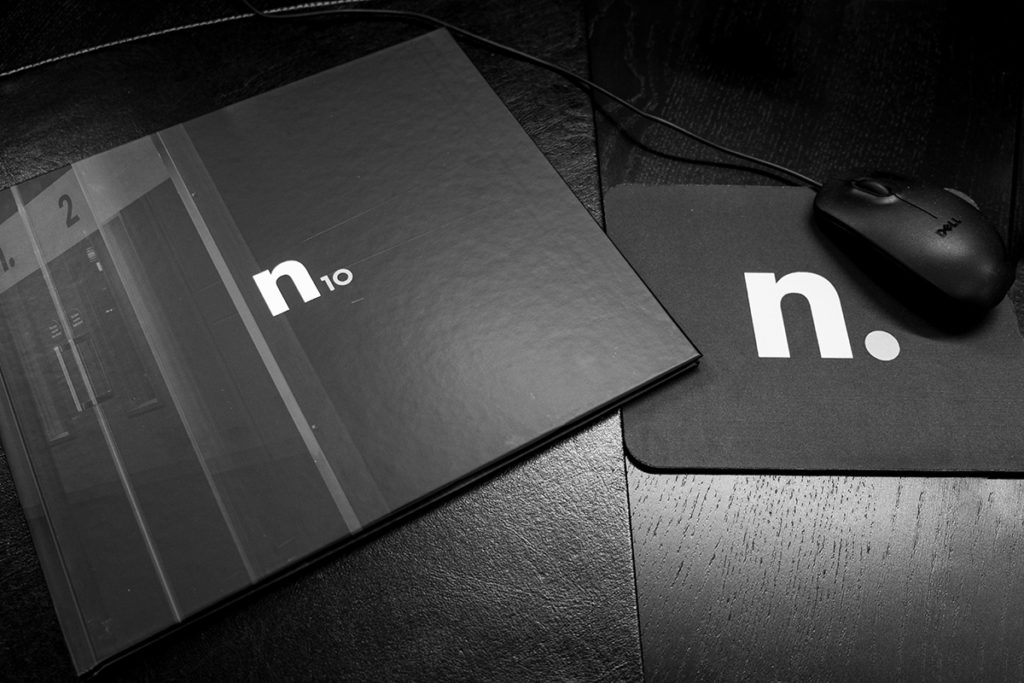Jules Verne was right about so many things.
After all, the concept of nearly unlimited computer systems holding the full store of human knowledge is practically a reality. Experts estimate data storage totalling 175 zettabytes by 2025.
The Jules Verne visions of the modern era viewed through a 19th Century lens look very different from the actual article. The submarine, for instance, is much less a luxurious masterpiece than a precisely engineered marvel.
The same can be said of data centres. Colocation services mean that the clunky, out-of-date in-house comms room is replaced with efficient, modern and cost-effective data centre solutions.
Trends in colocation services
Maintaining on-premise space for IT equipment instead of people is a choice many businesses are weighing up. The cost of commercial space in pricey Mayfair in London, for example, is £115 GBP per square foot. Would you rather have that space occupied by your valuable sales force, or your computer systems?
Even though the trend for server size moves ever smaller, many companies find it more cost-effective to house their servers in a purpose-built space. However, why maintain that space in-house? Much like companies rent office space rather than building and maintaining a facility of their own, colocation services fill the same need.
Old school data centres to colocation
Building and maintaining a server farm is a daunting process. Computer processing equipment used to take up entire rooms and require countless dedicated operators. That slowly changed a single large room of equipment. Now, what used to take dozens of operators and acres of space is contained within just a few racks.
Refurbishment of space and infrastructure can prove costly. Many companies have elected to give up their old in-house data centres. The associated capital expenditures of building, maintaining and updating an in-house data centre rarely pencil out.
Colocation services provide the building, cooling, power, bandwidth and physical security; the perfect environment for clients to house their own servers and storage equipment.
Not everything is in the cloud
Ongoing data breaches and scandals mean that many companies try to avoid cloud solutions for some core proprietary functions. Control over their own servers and data is a growing primary concern. Colocation is the ideal solution to this concern.
Many enterprise management software platforms base themselves on and around critical network architecture. A cloud-based service simply doesn’t work well to this end. For companies with highly customised software, maintaining a proprietary network makes sense.
Companies making the transition to cloud-based services may find that colocation is an important step in the transition, and forms the basis for any fixed workloads in a hybrid solution for the future.
Hybrid cloud
Getting services closer to the end-user is a goal for many IT professionals. Cloud services offer great mobility and access, but do not protect company data as effectively as hardware under direct company control. Apps and tools to make this bridge simpler are part of any modern, agile colocation service.
A mixed approach to infrastructure is often the answer. User automation, micro-services, APIs, easy software-based provisioning; with these elements in mind, the ongoing management of the various different infrastructure types into a seamless whole is the challenge.
The right provider can offer services that let a company’s IT department create dynamic, hybrid solutions; fixed workloads in colocation interconnected with flexible workloads and content delivery networks in the cloud.
Carrier readiness
5G mobile networking is an estimated 100x faster than existing 4G networks. Telecom providers turned London on in 2019, and other cities are expected to have full 5G service in a short time. User-facing service providers need to be ready for the rapid changeover, bringing with it much-increased demands on data, enabled by faster download speeds.
Colocation services offer superior network connections in many different ways, offering a blend of different carriers. More than one carrier is always recommended for redundancy and reliability.
Prepared for growth, prepared for disaster
Unlike self-maintained and owned data centres, outsourced colocation means that changes or interruptions to business are quickly recoverable. Colocation services offer:
- Redundant network connections – business-critical applications run around the clock
- Redundant power – a combination of the power grid, backup generators, and battery backup systems protect against service interruptions
- Room for growth – colocation allows for infrastructure expansion without having to take on additional capital expenditure
- 24x7x365 support on-site – experienced technical personnel are on-site for emergency and routine maintenance
Our London Central data centre also offers a fully serviced, 33 desk business continuity suite inside our 11,000 square foot facility. The central London location takes advantage of well-developed telecom network access and proximity to many major companies / operators.
Is colocation right for your company?
Trends in colocation services indicate a need for companies to save operating costs as well as protect against business interruptions. Colocation is also an effective way to expand workloads without expanding footprints in existing office facilities.
Colocation will usually provide significant savings in the management of critical IT infrastructure. The day-to-day operational care of the servers, power and cooling will be outsourced to a specialist operator. Colocation services will almost always provide improved resilience over in-house operations.
Companies that have great variability or seasonality in their data resource utilisation may find colocation solutions useful. Spikes in usage are absorbed by the whole, often at a lower cost.
Colocation services offer a combination of flexibility, cost savings, and reliability.
How can Netwise help?
Netwise provides global-level colocation services in private facilities. Our bespoke tools, built entirely-in-house, provide both large and small users alike with the reliability and up-time they need for faultless technical operations, around the clock.
Netwise offers:
- Superior London and European locations
- 100% renewable energy
- Sustainable and eco-friendly cooling systems
- Fully-stocked build rooms
- 33 desk workplace recovery suite
- Leading SLA
- 10+ years track record
Contact us today to discuss your critical IT infrastructure needs.
























